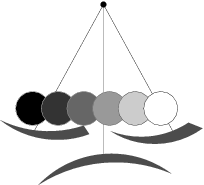
|
Research Group Sustainability and Climate PolicyProf. Dr. Felix Ekardt, LL.M, M.A |

|

|
Research Group Sustainability and Climate PolicyProf. Dr. Felix Ekardt, LL.M, M.A |

|
Felix Ekardt will hold six speeches on climate protection and constitutional theory in China, amongst others at the world congress of legal and social philosophers.
Since September, Felix Ekardt's new book `Cool Down: 50 Irrtümer über unsere Klima-Zukunft' is available in bookstores. Summary Cool Down
At the end of August, Felix Ekardt and Michael Kerbler discussed the financial crisis and climate change. The discussion was boradcast by the Austrian Radio Ö 1.
Sustainability describes a form of economy and society that is lasting and can be lived on a global scale. The society-changing potential of the claim: `More justice between generations, more global justice – at the same time' faces the peril of getting out sight. Sustainability is just not the trivial general claim to take social, economic, and environmental policy serious independent of any relationship in time and space and to strike a sound balance between these aspects. And sustainability in the sense of the Rio Conference 1992 does not mean a `Three Column Conception' at least not in a separating or additive sense. From the stance of policy-making and social sciences (e. g. law, political sciences, social sciences, economics, theology, psychology, etc.) diverse working fields and problems are affected, namely
Downloadable texts: